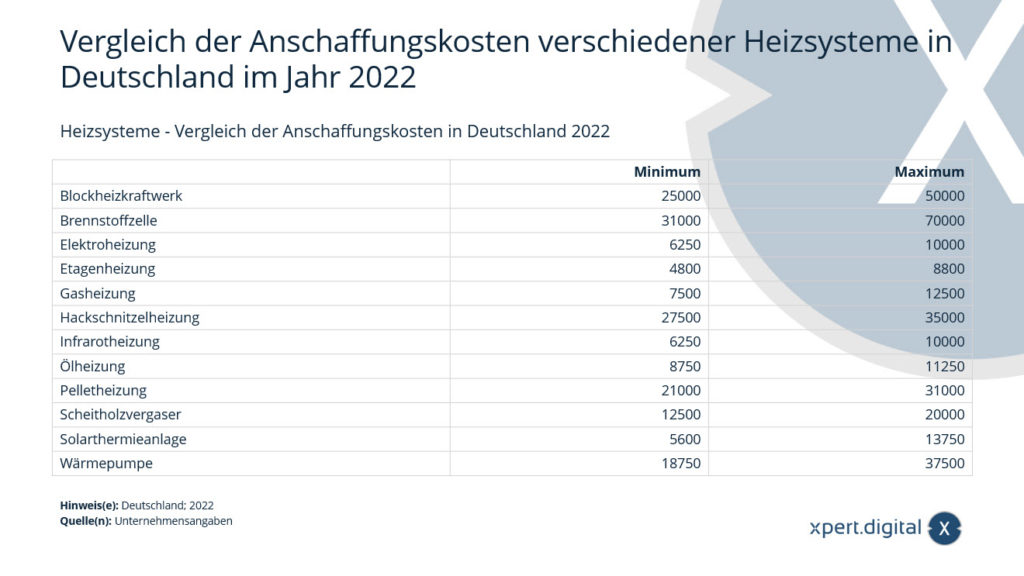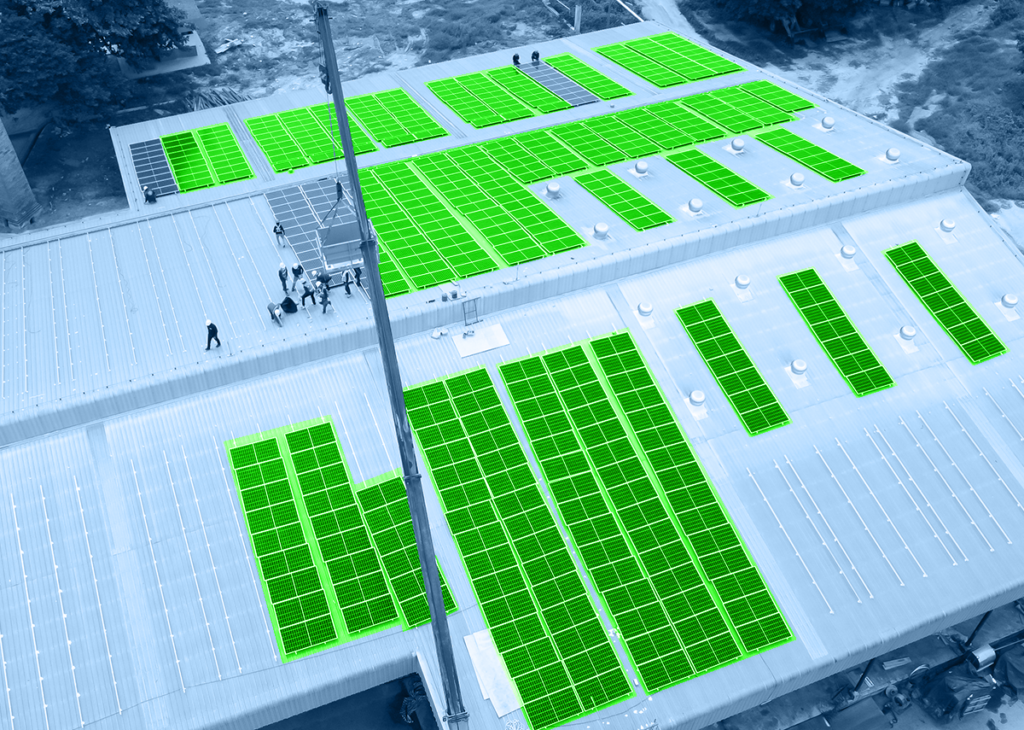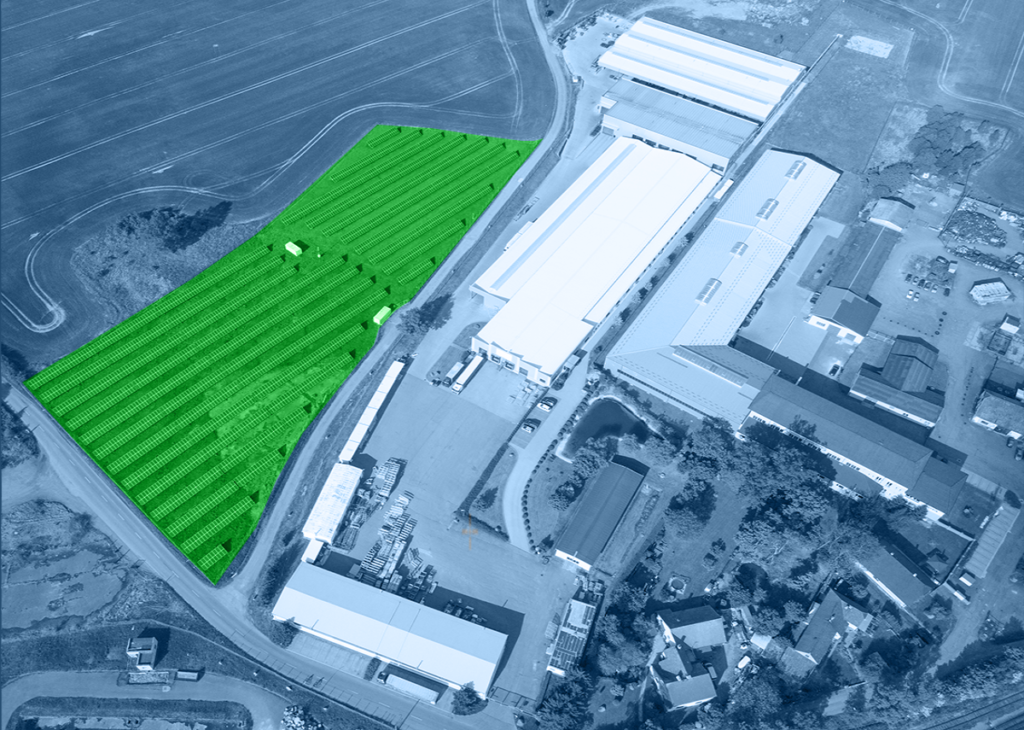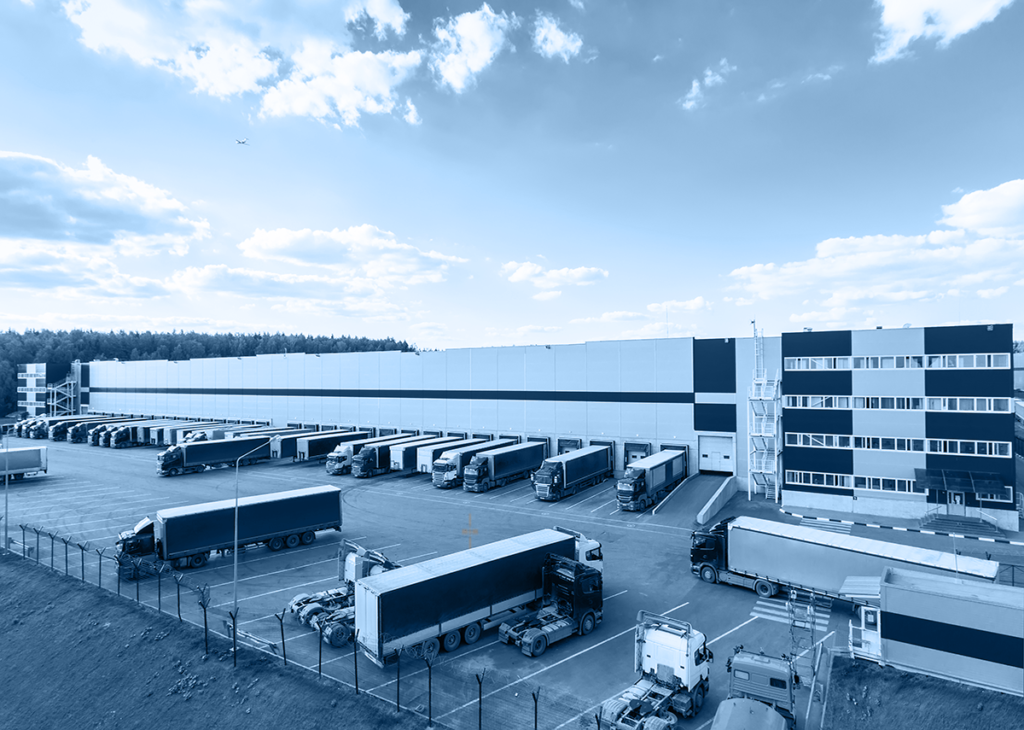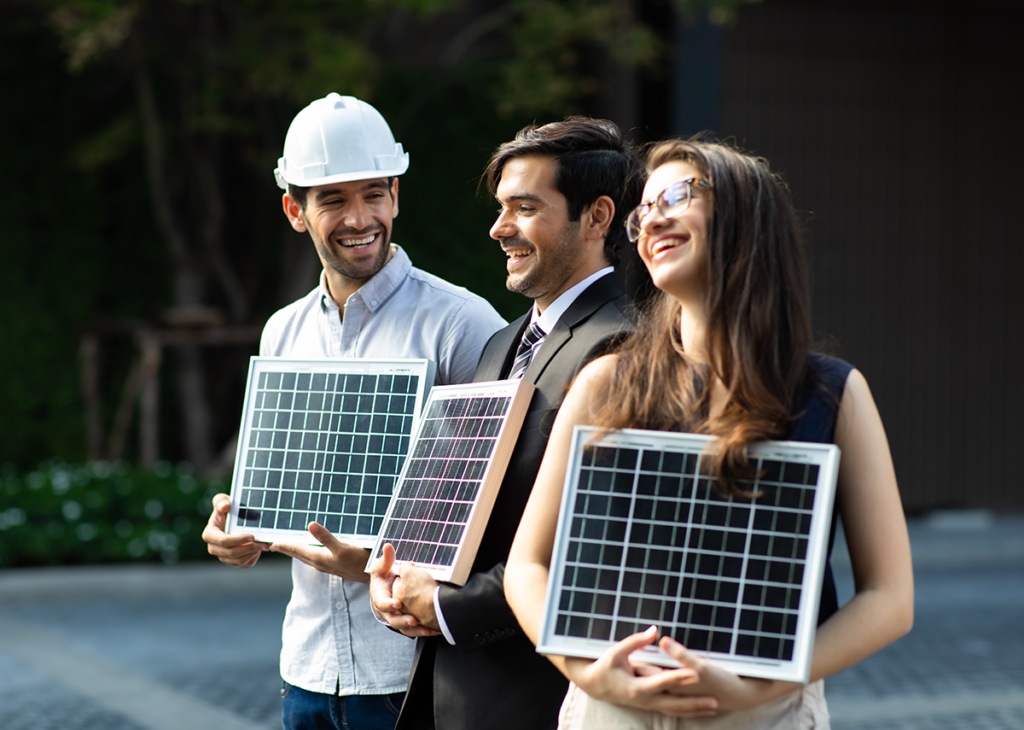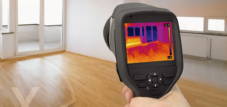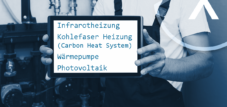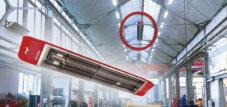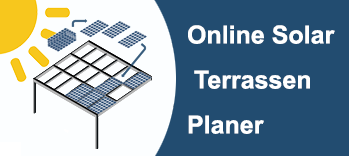Heating advice and planning: Infrared heating in residential construction & heating systems acquisition costs comparison
Language selection 📢
Published on: June 4, 2023 / update from: June 4, 2023 - Author: Konrad Wolfenstein
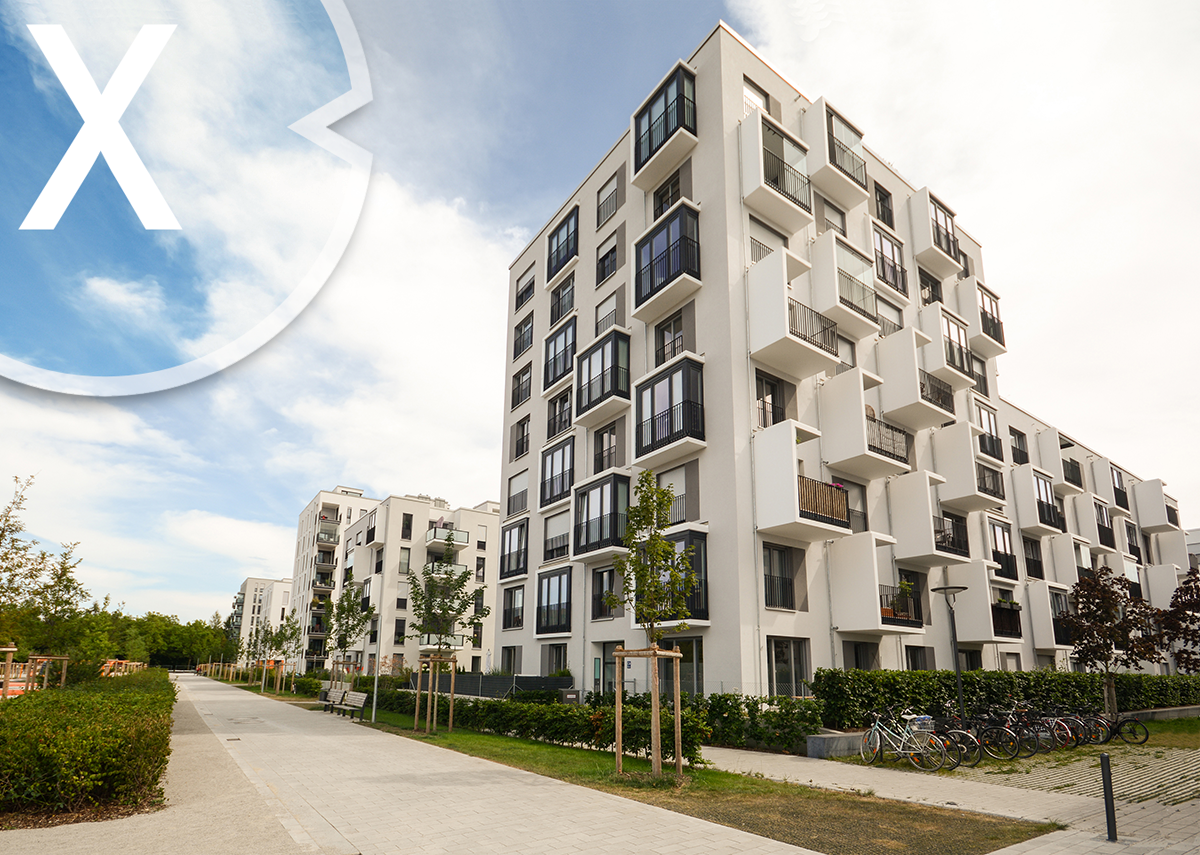
Infrared heating is increasingly being used in residential construction – Image: Xpert.Digital / PIXEL to the PEOPLE|Shutterstock.com
Infrared heating in residential construction
Infrared heaters are increasingly being used in residential construction and offer various advantages. Here is some information about using infrared heaters in residential construction:
Efficient heat dissipation
Infrared heaters do not heat the air, but directly the surfaces and bodies in the room. This means that the heat is released more efficiently and in a more targeted manner. Compared to traditional heating systems, this can result in energy savings as less energy is required to heat the entire air mass in the room.
Installation flexibility
Infrared heaters offer flexible installation as they can be placed on walls, ceilings or as free-standing devices. They do not require any pipes or radiators and therefore enable easy integration into existing living spaces or new buildings.
Individual room control
Infrared heaters can be controlled individually, either through integrated thermostats or via central control systems. This allows the temperature in each room to be precisely controlled and adapted to the individual needs of the residents.
Reduced heat losses
Because infrared heaters directly heat the objects in the room, heat emission is less affected by windows or poor insulation. This allows potential heat losses to be minimized, resulting in more efficient heating operation.
Additional benefits
Infrared heaters also offer other advantages such as a quick response time (the heat is felt immediately), low maintenance costs (no moving parts) and a pleasant feeling of warmth as the heat is perceived in a similar way to solar radiation.
➡️ However, it is important to note that the use of infrared heaters in residential construction depends on various factors, including size.
The acquisition costs of infrared heaters
The purchase cost of infrared heaters can vary depending on the manufacturer, model, size and additional features. There are different types of infrared heaters, including wall heaters, ceiling heaters and freestanding heaters, each of which can have different prices.
In general, the purchase costs for infrared heaters are on the same price level as conventional heating systems such as gas or oil heaters. However, the exact cost depends on several factors. Here are some cost considerations to consider when purchasing infrared heaters:
Equipment costs
The cost of the actual infrared heating device depends on the size, performance and quality. Smaller models for individual rooms can start from a few hundred euros, while larger or more powerful models can cost several thousand euros.
Installation costs
Installation costs vary depending on the type of infrared heater and desired placement. Wall and ceiling heaters usually require professional installation, while freestanding units are easy to install. There may be additional costs for electrical installations, wall mounting or other specific requirements.
operating cost
When considering the acquisition costs, the operating costs should also be taken into account. Infrared heaters work with electricity, so ongoing electricity costs should be taken into account. However, they are generally more efficient than traditional heating systems as they deliver heat more precisely and therefore may have lower operating costs.
Heating systems - comparison of acquisition costs in Germany
It is company information
The information is intended as a guide only and includes assembly. In addition, the various heating systems must be adapted to the local conditions, which in turn can cause additional individual costs.
The statistics compare the acquisition costs of various heating systems in Germany in 2022. The investment costs for a heat pump are usually between 18,750 and 37,500 euros. The cheapest option is an air-water heat pump. The information serves only as an initial guide.
Comparison of the acquisition costs of various heating systems in Germany in 2022
- Floor heating €4,800 – €8,800
- Solar thermal system €5,600 – €13,750
- Electric heating €6,250 – €10,000
- Infrared heating €6,250 – €10,000
- Gas heating €7,500 – €12,500
- Oil heating €8,750 – €11,250
- Log carburettor €12,500 – €20,000
- Heat pump €18,750 – €37,500
- Pellet heating €21,000 – €31,000
- Combined heat and power plant €25,000 – €50,000
- Wood chip heating €27,500 – €35,000
- Fuel cell €31,000 – €70,000
Our experience: Heating systems - comparison of acquisition costs
Here is a rough comparison of the purchase costs of some common heating systems in Germany. Please note that costs depend heavily on various factors and the amounts shown are intended as a general guide only:
Gas heating
The purchase costs for a gas heater vary depending on the type (condensing boiler, low-temperature boiler, combination boiler, etc.) and the size of the system. The cost can range from €3,000 to €10,000 or more depending on whether a boiler, radiators and additional installations are required.
Oil heating
Similar to gas heaters, the purchase costs for oil heaters vary depending on the size, type and features of the system. The cost can range from 5,000 euros to 15,000 euros or more, depending on the complexity of the installation.
Heat pump
The purchase costs for a heat pump vary depending on the type (air-water, geothermal, water-water) and performance. An air-to-water heat pump can cost around 8,000 euros to 15,000 euros, while geothermal heat pumps or water-to-water heat pumps are usually more expensive and can cost from 15,000 euros to 30,000 euros or more.
Infrared heating
The purchase costs for infrared heaters vary depending on the model, size and performance. Smaller models for individual rooms can start from a few hundred euros, while larger or more powerful models can cost several thousand euros.
It is important to note that these are only rough estimates and actual costs will depend on various factors, including the size of the area to be heated, the building's energy requirements, installation and individual preferences. It is recommended to obtain quotes from various providers and seek professional advice to determine the exact cost for your specific project.
What are the top 4 heating systems of the future?
In the heating systems of the future, there are various approaches and technologies that offer high efficiency, sustainability and comfort. Here are four promising heating systems that can be seen as “heating systems of the future”:
Infrared heaters
Infrared heaters have gained popularity in recent years and could play a role in certain applications in the future. They generate heat by emitting electromagnetic radiation in the infrared range, which is directly absorbed by the surfaces in the room. Infrared heaters can deliver targeted heat where it is needed and offer pleasant and quick heat release. They can also be powered by renewable electricity, resulting in a more environmentally friendly solution.
However, it is important to note that infrared heaters may not achieve the same level of efficiency in terms of overall energy efficiency and energy consumption when compared to heat pumps or fuel cell heaters. Efficiency and energy savings depend on various factors such as the building's thermal insulation, room size and use, and individual preference.
➡️ Infrared heaters can be combined with other heating systems such as heat pumps or storage to ensure a reliable and sustainable heat supply.
More about it here:
Heat pumps
Heat pumps are considered one of the most promising heating solutions of the future. They use renewable energy sources such as air, water or geothermal energy and convert them into heat. Heat pumps are extremely efficient and can generate multiple units of thermal energy from one unit of electrical energy. They can be used to both heat and cool a building and offer high energy efficiency and low CO2 emissions.
Fuel cell heaters
Fuel cell heaters combine heat generation with electricity generation through the use of hydrogen or natural gas. This technology converts the fuel into hydrogen while generating heat and electrical energy. Fuel cell heaters are characterized by high efficiency and can increase the building's own electricity consumption, which leads to a reduction in external electricity purchases.
Solar heating systems
Solar heating systems use solar energy to generate heat and are viewed as a pioneering technology. Solar thermal collectors capture the sun's energy and convert it into heat that can be used for space heating or hot water production.
➡️ Solar heating systems can be combined with other heating systems such as heat pumps or storage to ensure a reliable and sustainable heat supply.
Heating systems of the future
These four heating systems offer advantages such as high efficiency, use of renewable energy sources and low CO2 emissions. They help reduce energy consumption and environmental impact compared to traditional heating systems. It is important to note that selecting the appropriate heating system depends on various factors such as building location, size, individual needs and local regulations. Professional advice from professionals is therefore advisable to determine the best heating system for a particular situation.
- Warehouses, production halls and industrial halls with their own power source from a photovoltaic roof system - Image: NavinTar|Shutterstock.com
- Industrial plant with its own power source from an outdoor photovoltaic system - Image: Peteri|Shutterstock.com
- Plan solar systems with photovoltaic solutions for freight forwarding and contract logistics
- B2B solar systems and photovoltaic solutions & advice
- Plan photovoltaics for warehouses, commercial halls and industrial halls
- Industrial plant: Plan a photovoltaic open-air system or open-space system
- Plan solar systems with photovoltaic solutions for freight forwarding and contract logistics
- B2B solar systems and photovoltaic solutions & advice
Technical advice for heating systems from Xpert
I would be happy to serve as your personal advisor.
You can contact me by filling out the contact form below or simply call me on +49 89 89 674 804 (Munich) .
I'm looking forward to our joint project.
Xpert.Digital – Konrad Wolfenstein
Xpert.Digital is a hub for industry with a focus on digitalization, mechanical engineering, logistics/intralogistics and photovoltaics.
With our 360° business development solution, we support well-known companies from new business to after sales.
Market intelligence, smarketing, marketing automation, content development, PR, mail campaigns, personalized social media and lead nurturing are part of our digital tools.
You can find out more at: www.xpert.digital – www.xpert.solar – www.xpert.plus



